Celebrating Unity in Diversity at Indonesia's Pasola Festival
Indonesia's Pasola Festival is a vibrant celebration that beautifully embodies the unity found within diversity. This unique event brings together various cultural elements, ancient rituals, and traditional practices to showcase the rich tapestry of Indonesia's heritage. The Pasola Festival is not just a mere gathering; it is a profound display of unity, where different communities come together to honor their shared history and traditions.

Origins of Pasola Festival
The Pasola Festival traces its origins back to the ancient beliefs and traditions of the Sumba people, an indigenous community residing in the eastern part of Indonesia. Rooted in animistic practices and spiritual reverence for nature, the festival is a testament to the deep connection the Sumba people have with their ancestors and the environment. According to local folklore, the Pasola ritual was believed to have been introduced by Marapu, the ancestral spirits, as a way to maintain harmony and balance in the community.
Legend has it that the Pasola Festival began as a form of ritual combat between rival groups to appease the spirits and ensure a bountiful harvest. Over time, this ancient tradition evolved into a symbolic battle performed on horseback, where participants engage in mock jousting using blunt spears. The festival is deeply intertwined with the agricultural cycle, marking the start of planting season and invoking blessings for a successful harvest.
The name "Pasola" itself is derived from the word "sola" which means spear in the local language. The festival serves as a way for the Sumba people to express their gratitude to the spirits for their protection and guidance, as well as to seek blessings for prosperity and well-being. It is a vibrant celebration of life, culture, and heritage that continues to be passed down through generations, embodying the essence of unity in diversity.
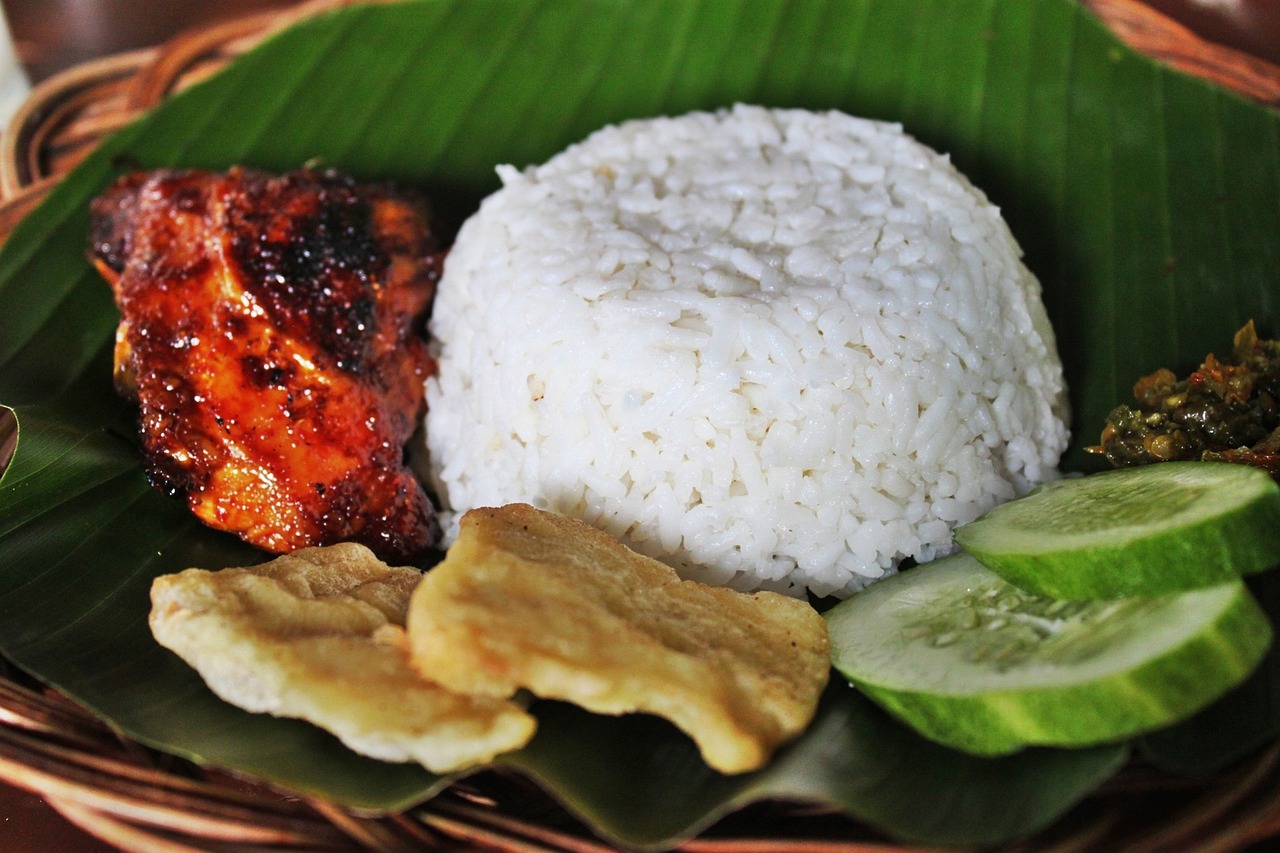
Sumba Culture and Identity
Sumba, an island in eastern Indonesia, is a land steeped in rich cultural heritage and a strong sense of identity. The Sumba people are known for their intricate artistry, unique architectural style, and deeply rooted traditional practices that have been passed down through generations. During the Pasola Festival, these cultural elements are proudly displayed, showcasing the essence of Sumba culture and identity.
Art plays a significant role in defining the Sumba culture, with intricate textiles, wood carvings, and metalwork reflecting the artistic prowess of the island's inhabitants. The traditional houses, known as 'uma,' are adorned with symbolic carvings and thatched roofs, embodying the spiritual beliefs and social structure of the Sumba people. These architectural marvels stand as a testament to the craftsmanship and cultural significance of the community.
Furthermore, the Sumba people's traditional practices are deeply intertwined with their identity, with rituals and ceremonies playing a central role in their daily lives. The Pasola Festival itself is a prime example of how these traditions are upheld and celebrated, showcasing the spiritual beliefs and ancestral connections that form the foundation of Sumba culture.
Through their art, architecture, and traditional practices, the Sumba people have created a vibrant tapestry of culture and identity that is proudly displayed during the Pasola Festival. This celebration serves as a testament to the resilience and creativity of the Sumba community, embodying the essence of unity in diversity that defines Indonesia's cultural landscape.
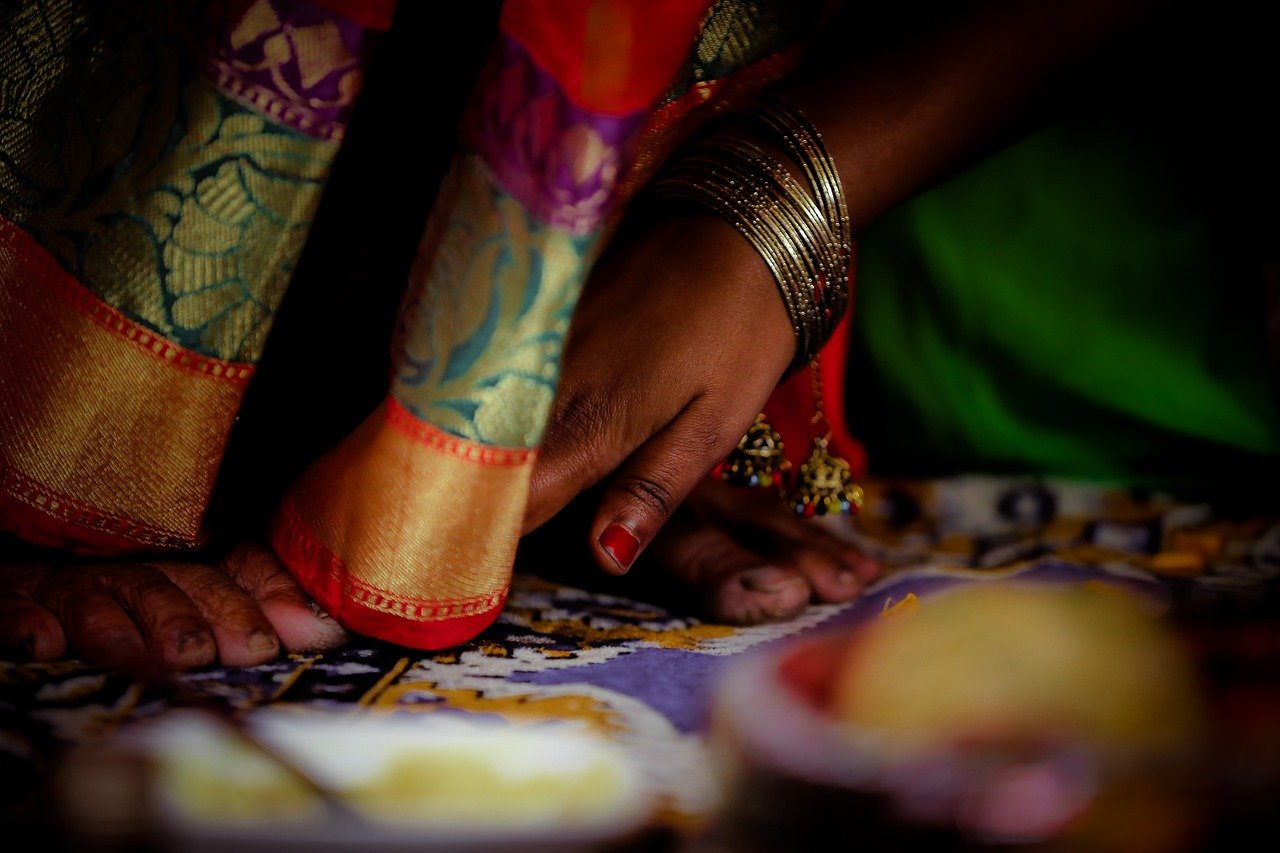
Rituals and Ceremonies
During the Pasola Festival in Indonesia, the rituals and ceremonies hold a significant place in the hearts of the Sumba people. The festival begins with traditional blessings by the local priests, invoking the spirits of their ancestors for guidance and protection. These rituals are deeply rooted in the spiritual beliefs of the community, emphasizing the connection between the living and the divine.
One of the central ceremonies of the Pasola Festival is the symbolic offering of betel nut, areca nut, and lime to the ancestral spirits. This act symbolizes respect and gratitude towards the ancestors, seeking their blessings for a successful harvest and prosperity for the community. The rhythmic chants and dances performed during this ceremony create a mesmerizing atmosphere, blending reverence with celebration.
Another essential ritual during the Pasola Festival is the purification ceremony, where participants cleanse themselves in the sea to purify their bodies and souls before engaging in the jousting competition. This purification process is believed to rid the participants of negative energies and ensure a fair and honorable contest during the festival.
The highlight of the Pasola Festival is the thrilling horseback jousting competition, where skilled riders engage in mock battles with blunt spears. The jousting matches are not merely displays of physical prowess but are imbued with spiritual significance, symbolizing the eternal struggle between good and evil. The riders' agility and courage in the heat of the competition are a testament to their dedication to tradition and community.
Throughout the festival, the ceremonies and rituals serve as a reminder of the Sumba people's deep connection to their cultural heritage and spiritual beliefs. The colorful processions, traditional music, and elaborate costumes add to the vibrant tapestry of the Pasola Festival, creating an experience that is both visually stunning and emotionally resonant.

Horseback Jousting Tradition
Delving into the heart of the Pasola Festival lies the captivating tradition of horseback jousting, a spectacle that mesmerizes both participants and spectators alike. This ancient practice involves skilled riders mounted on spirited horses engaging in mock battles with blunt spears, symbolizing bravery, skill, and agility in a display of prowess and honor.
The horseback jousting tradition of the Pasola Festival is not merely a physical competition but a spiritual journey deeply rooted in the cultural beliefs of the Sumba people. The rhythmic pounding of hooves, the clash of spears, and the cheers of the crowd create a vibrant tapestry of tradition and heritage, echoing the valor of ancestors and the unity of the community.
As the riders charge towards each other with unwavering determination, the air crackles with anticipation, mirroring the intensity of the jousting battles. Each lance thrust and evasive maneuver is a testament to the riders' prowess and courage, embodying the spirit of the festival and the essence of Sumba's cultural identity.
Through the horseback jousting tradition, participants not only showcase their equestrian skills but also forge bonds of camaraderie and respect, uniting in a shared celebration of heritage and history. The colorful regalia, the thundering gallop of horses, and the precision of the riders combine to create a spectacle that transcends mere competition, becoming a symbol of unity and strength.
As the sun sets on the horizon and the echoes of the jousting fade into the night, the legacy of this ancient tradition endures, carrying forward the spirit of the Pasola Festival and the timeless values it represents. The horseback jousting tradition stands as a testament to the resilience and vibrancy of Sumba's cultural heritage, a living embodiment of unity in diversity.
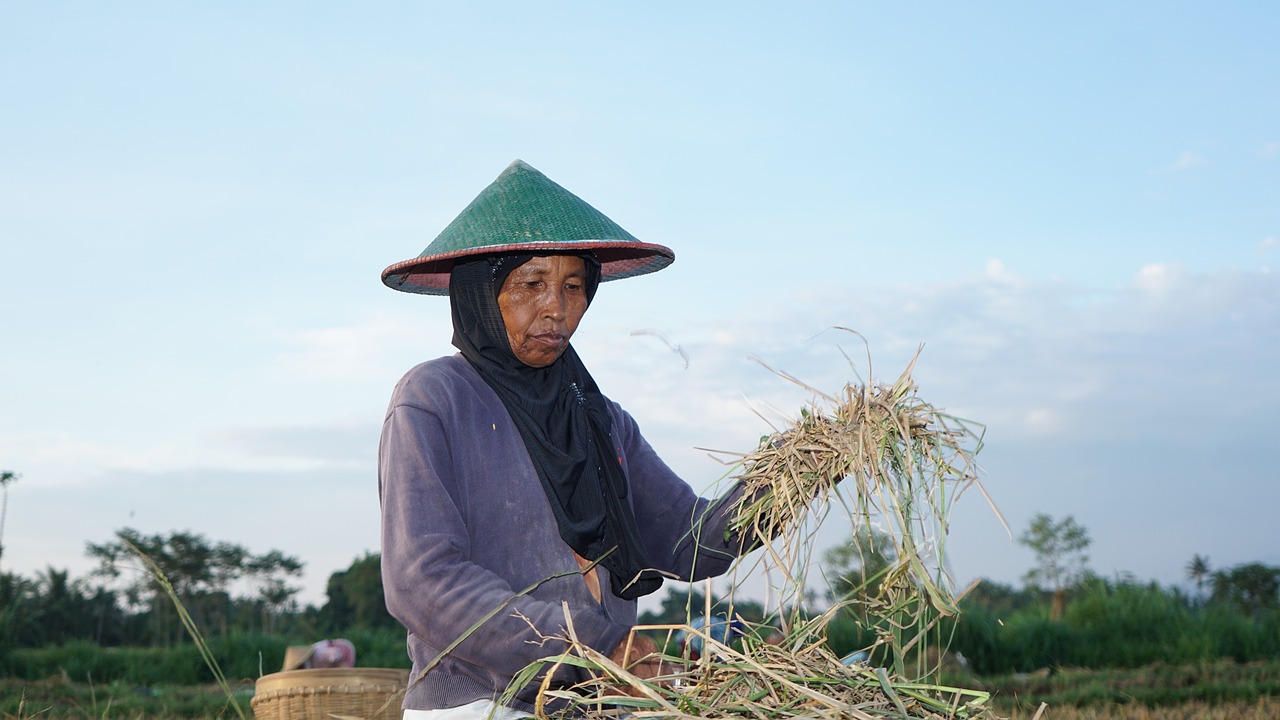
Community Participation and Festivities
Community participation lies at the heart of the Pasola Festival, fostering a sense of unity and togetherness among the Sumba people. Villagers from different clans and regions come together to partake in the festivities, showcasing their cultural pride and solidarity. The festival serves as a platform for social interaction, where relationships are strengthened, and bonds are deepened through shared experiences and traditions.
During the Pasola Festival, the community actively engages in various ceremonial activities, such as traditional dances, music performances, and offerings to honor their ancestors. These rituals not only connect the present generation with their past but also instill a sense of belonging and continuity within the community. The vibrant colors, intricate costumes, and rhythmic beats create a festive atmosphere that resonates with joy and celebration.
Moreover, the participation of both young and old members of the community in the Pasola Festival reflects the intergenerational transmission of cultural values and practices. Children learn about their heritage from elders, while adults pass down traditional knowledge and skills to the next generation. This exchange of wisdom and customs ensures the preservation and perpetuation of Sumba's rich cultural legacy.
As the Pasola Festival unfolds, the community comes together not only to honor their traditions but also to forge new memories and connections. The shared excitement and anticipation surrounding the festival create a sense of camaraderie and belonging among the participants, transcending individual differences and fostering a collective spirit of unity in diversity.
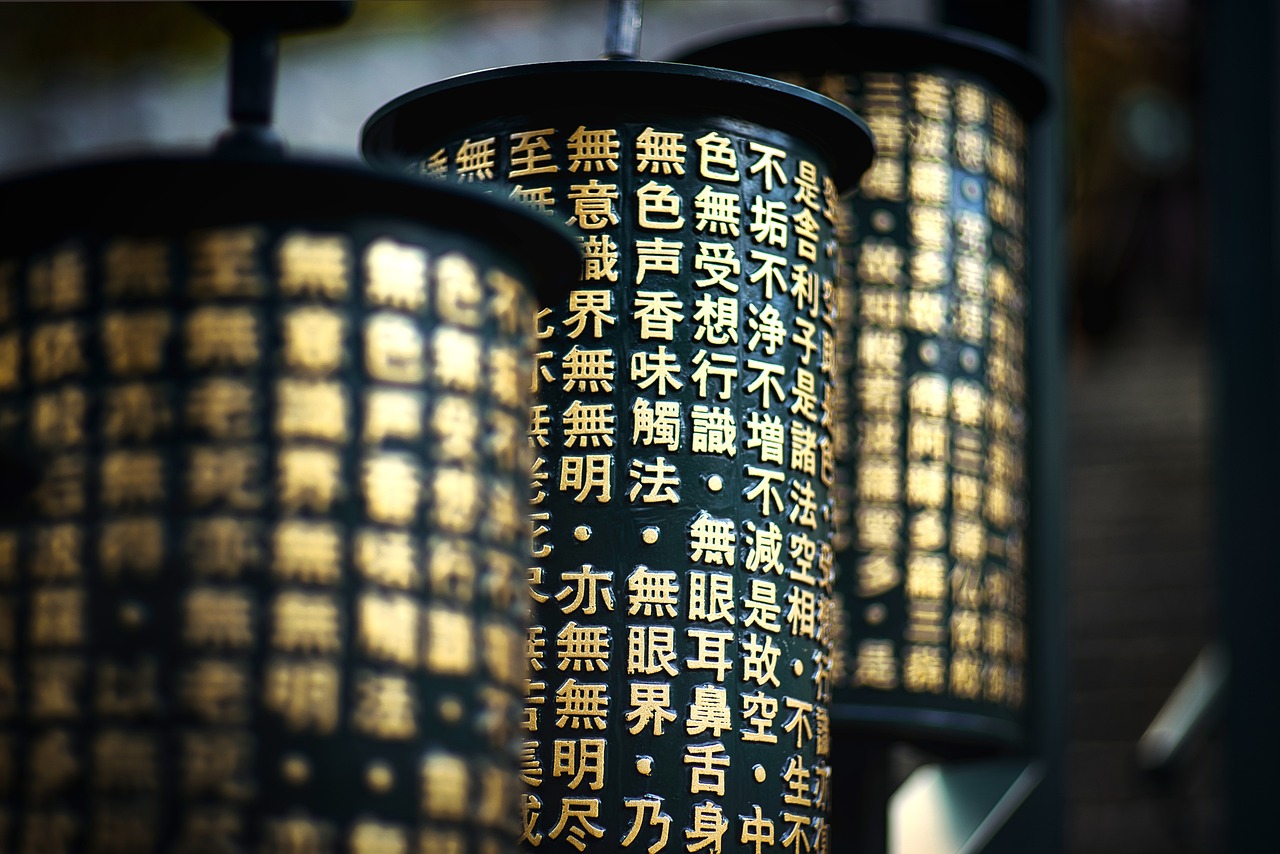
Impact on Tourism and Economy
The Pasola Festival in Indonesia has not only become a significant cultural event but also a key driver of tourism and economic growth in the region. As word spreads about this unique festival that embodies the spirit of unity in diversity, more and more visitors are drawn to the island of Sumba to witness the vibrant ceremonies and thrilling horseback jousting. The influx of tourists has led to a boost in the local economy, creating opportunities for small businesses, artisans, and hospitality providers to cater to the growing number of visitors.
Hotels and guesthouses see a surge in bookings during the festival period, while local restaurants and vendors benefit from the increased foot traffic and demand for traditional cuisine and souvenirs. The Pasola Festival has become a showcase of Indonesian culture and a magnet for cultural enthusiasts, history buffs, and adventure seekers looking to experience something truly unique and authentic. This surge in tourism not only brings economic benefits to the local community but also helps in preserving and promoting the rich cultural heritage of the Sumba people.
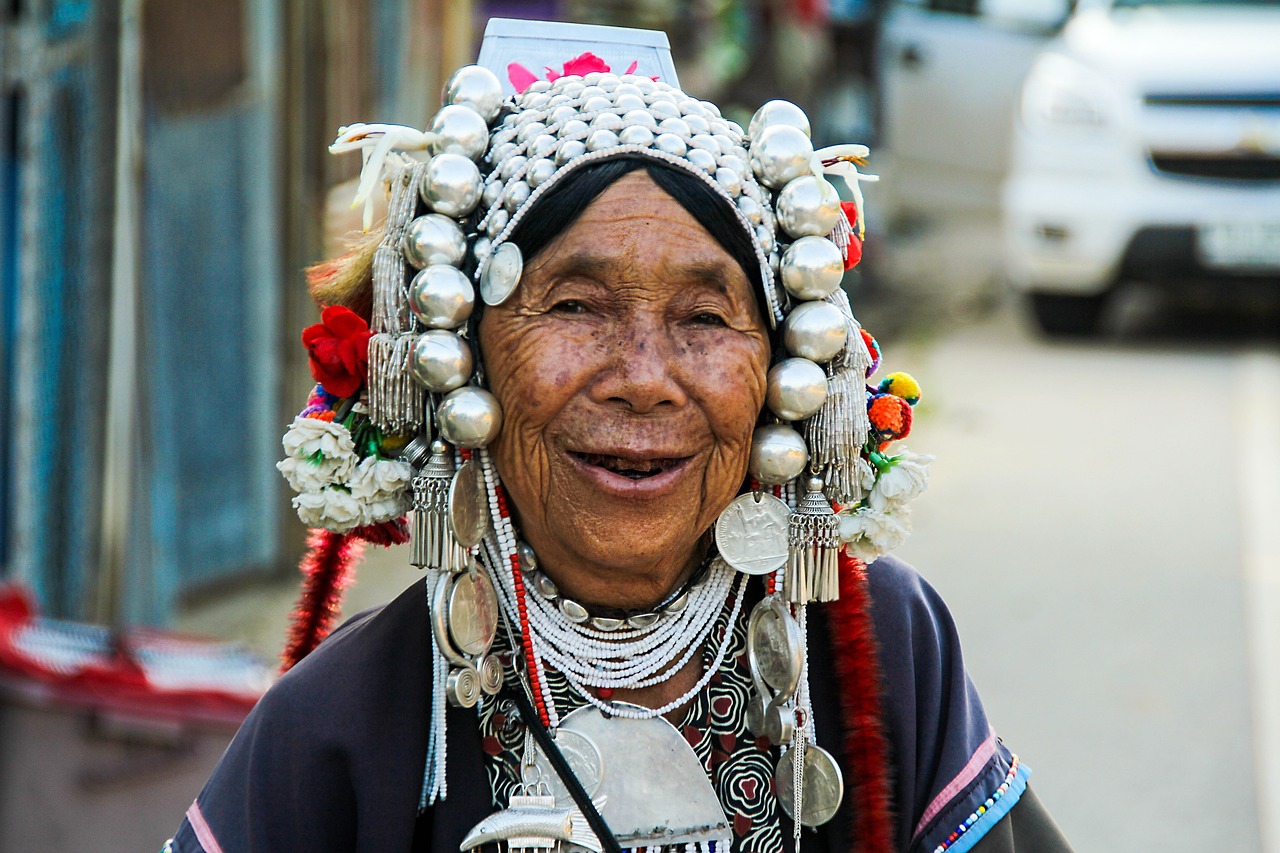
Challenges and Preservation Efforts
The Pasola Festival, deeply rooted in the cultural fabric of Sumba, faces various challenges in its preservation amidst the tide of modernization and external influences. One of the primary challenges is the balance between tradition and contemporary developments, as the festival evolves to adapt to changing times while staying true to its ancient customs and rituals. This delicate equilibrium requires careful navigation to ensure that the essence and authenticity of the Pasola Festival are maintained.
Furthermore, the increasing commercialization and tourism interest in the Pasola Festival pose a threat to its traditional integrity. As more visitors flock to Sumba to witness the spectacle, there is a risk of diluting the genuine cultural experience with commercial motives. Preserving the festival's sacred significance and communal spirit in the face of commercial pressures is a significant challenge that the organizers and local community must address.
Another pressing issue is the need to safeguard the environment and natural resources essential for the Pasola Festival. The festival's connection to nature and ancestral spirits underscores the importance of environmental conservation in preserving the festival's spiritual essence. Efforts to maintain ecological balance and protect the landscapes where the festival takes place are crucial for ensuring the sustainability of the Pasola tradition for future generations.
Moreover, the transmission of traditional knowledge and skills associated with the Pasola Festival faces challenges in the modern era. As younger generations gravitate towards contemporary lifestyles and opportunities, there is a risk of traditional practices and expertise being lost over time. Preserving the intricate rituals, horseback jousting techniques, and cultural significance of the Pasola Festival requires concerted efforts to pass down this heritage to the next generations.
In response to these challenges, various preservation efforts are underway to safeguard the Pasola Festival's cultural heritage. Initiatives focusing on education, cultural awareness, and community engagement aim to instill pride and appreciation for Sumba's unique traditions among the younger population. Collaborative projects involving local authorities, cultural institutions, and community leaders work towards documenting, promoting, and protecting the intangible heritage of the Pasola Festival.
By addressing the challenges posed by modernization, commercialization, environmental concerns, and intergenerational transmission, the preservation efforts surrounding the Pasola Festival strive to ensure that this vibrant cultural event continues to thrive as a symbol of unity in diversity and a testament to Indonesia's rich cultural tapestry.

Global Recognition and Future Prospects
As the Pasola Festival gains global recognition, it emerges as a symbol of Indonesia's rich cultural diversity and unity. This unique event, steeped in centuries-old traditions and spiritual significance, has captured the attention of people worldwide, drawing visitors and scholars alike to witness the spectacle firsthand. The Pasola Festival serves as a vibrant tapestry of Sumba's cultural heritage, showcasing the resilience and creativity of its people in preserving ancient customs amidst a rapidly changing world.
Looking towards the future, the Pasola Festival holds promising prospects for continued growth and significance on the world stage. With the increasing interest from international tourists and media coverage, there is a growing opportunity to promote cross-cultural understanding and appreciation for Indonesia's cultural tapestry. The festival's potential to serve as a beacon of unity in diversity, transcending borders and language barriers, highlights its enduring relevance in an interconnected global community.
Moreover, as efforts to preserve and promote the Pasola Festival intensify, there is a possibility for enhanced collaborations with cultural institutions, educational programs, and tourism initiatives. By leveraging modern technologies and innovative approaches, the Pasola Festival can reach a wider audience, fostering a deeper appreciation for the rich traditions and values it embodies. This evolution towards a more inclusive and sustainable celebration bodes well for the festival's continued success and recognition on a global scale.
Frequently Asked Questions
- What is the significance of the Pasola Festival?
The Pasola Festival holds great cultural significance as it showcases the unity within diversity through ancient rituals, horseback jousting, and vibrant ceremonies. It reflects the spiritual connection of the Sumba people to their ancestors and nature.
- How did the Pasola Festival originate?
The Pasola Festival has its roots in the historical traditions and beliefs of the Sumba people. It emerged as a way to honor their ancestors and maintain a connection with nature, evolving into a vibrant cultural event that celebrates their unique identity.
- What is the horseback jousting tradition in the Pasola Festival?
The horseback jousting tradition in the Pasola Festival involves skilled riders engaging in mock battles with blunt spears. This tradition showcases bravery, skill, and agility, adding excitement and spectacle to the cultural event.
- How does the Pasola Festival impact tourism and the local economy?
The Pasola Festival has a growing impact on tourism and the local economy, attracting visitors from around the world to witness this unique cultural spectacle. This influx of tourists contributes to the economy of Sumba and supports local businesses.
- What are the challenges faced in preserving the Pasola Festival?
Preserving the authenticity and integrity of the Pasola Festival poses challenges amidst modernization and external influences. Efforts are ongoing to safeguard this cultural heritage and ensure that the festival continues to thrive for future generations.
- How is community participation important in the Pasola Festival?
Community participation plays a vital role in the Pasola Festival, as villagers come together to honor tradition, strengthen social bonds, and celebrate their cultural pride. The collective involvement of the community adds depth and meaning to the festival.



















